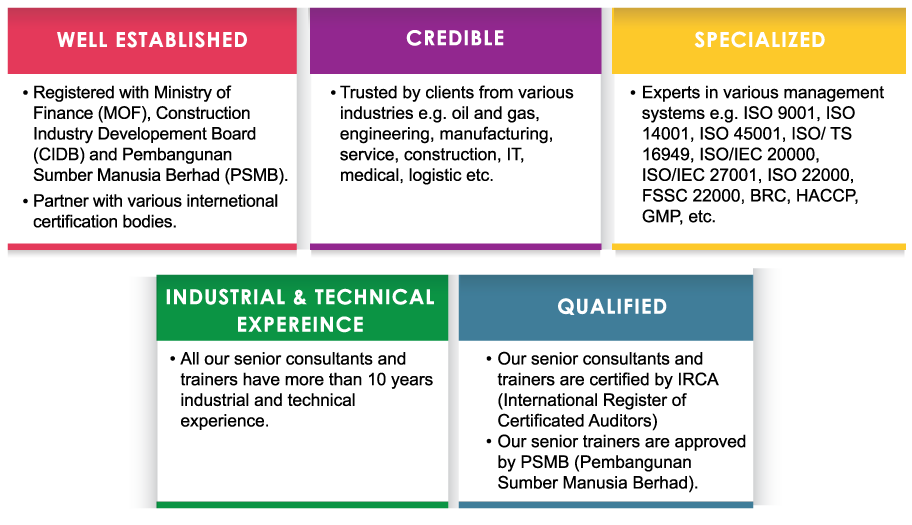MSPO Malaysia Sustainable Palm Oil Certification
Posted in ISO Standards

MSPO
Being the second largest producer of palm oil in the world, it is only natural for Malaysia to be under the radar of environmentalists and green campaigners regarding the production of palm oil in a sustainable manner.
The MSPO Certification Scheme is the national scheme that has been developed to provide assurance that the management of oil palm cultivation and production of palm oil and palm oil products in Malaysia are carried out in a responsible manner, and are not limited to just applying the standard good agricultural practices. The MSPO Certification Scheme also ensures that people who work in plantations, smallholdings and palm oil processing facilities are taken care of by the management in terms of health and safety, are paid fairly and are provided with adequate and appropriate training.
The 7 Principles of the MSPO Standards
The MSPO Standards contains seven (7) principles which form the general requirements of a management system framework, based on the three pillars of sustainability, i.e. economically viable, socially acceptable, and environmentally sound.
- Management commitment and responsibility
- Transparency
- Compliance to legal requirements
- Social responsibility, health, safety, and employment conditions
- Best practice
- Environment, natural resources, biodiversity and ecosystem services
- Development of new planting
How Can Nexus TAC Help?
Nexus TAC provides MSPO management system training and consultancy services. We offer specialized expertise and extensive practical experience to assist client in developing management systems from the initial concept to establishment and successful implementation of the management systems.
We use the following consultation approach to assist you in achieving certification:
- Identify areas requiring improvement or development within your current Management System
- Prepare a strategic action plan, in conjunction with your company personnel, to address those improvement areas and assist with the communication of these requirements to key personnel at all levels
- Provide system-related trainings for your company personnel to create awareness and provide them with the necessary knowledge and skills in the implementation of systems
- Provide assistance and advice on the development and implementation of systems, including preparation of documentation
- Advise and assist, if required, with the preparation and submission of applications to your certification body
- Assist with the development of internal auditing procedures and training
- Conduct internal audit to ensure the effective implementation of the management system prior to final audit by your certification body
- Conduct Management Review Meeting to review performance of management system and identify areas for improvement prior to final audit by your certification body


